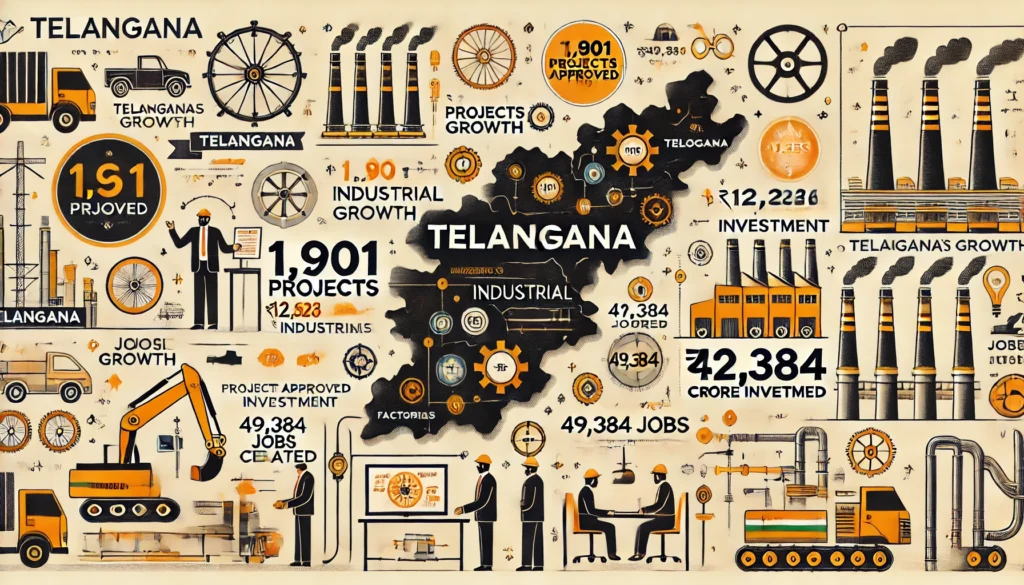Zero Waste to Landfill Certification is a designation that verifies an organization has successfully diverted a significant percentage of its waste away from landfills, usually by reducing, reusing, recycling, and composting waste materials. This certification helps businesses demonstrate their commitment to sustainability and environmental stewardship.
Here’s a detailed breakdown of the Zero Waste to Landfill Certification process, standards, and providers:
🔎 What is Zero Waste to Landfill?
The term “Zero Waste to Landfill” means that 99% or more of waste generated by a company is diverted from landfills through recycling, composting, or energy recovery methods. However, the percentage required may vary by certifying body.
✅ Key Principles of Zero Waste:
- Reduce waste at the source.
- Reuse materials whenever possible.
- Recycle waste that cannot be reused.
- Recover energy from waste that cannot be recycled.
- Eliminate landfill disposal as much as possible.
🏢 Certifying Bodies and Standards
Several organizations offer Zero Waste to Landfill Certification:
1️⃣ UL (Underwriters Laboratories)
- Standard: UL 2799 Zero Waste to Landfill Certification
- Levels of Certification:
- Gold: 100% of waste diverted from landfill (excluding hazardous waste).
- Silver: 98-99% of waste diverted.
- Certified: 95-97% of waste diverted.
2️⃣ Green Business Certification Inc. (GBCI)
- Offers TRUE (Total Resource Use and Efficiency) Certification.
- Focuses on upstream waste reduction and circular economy principles.
- Key Requirements:
- Minimum 90% waste diversion rate.
- Emphasis on reuse and reduction of materials.
3️⃣ BSI (British Standards Institution)
- Offers PAS 2060 for carbon neutrality, which can include waste management efforts.
- Used widely in the UK and Europe.
4️⃣ Carbon Trust
- Offers a Zero Waste to Landfill certification for businesses in the UK and beyond.
- Requires audit and verification of waste management practices.
📝 Certification Process
- Waste Audit:
- Evaluate the current waste streams.
- Identify landfill contributions and diversion opportunities.
- Action Plan Development:
- Implement waste reduction strategies.
- Educate employees on waste management.
- Application & Documentation:
- Submit records of waste generation, disposal, and diversion rates.
- Third-Party Verification:
- Independent audits to verify waste diversion rates.
- Certification Award:
- Upon meeting the criteria, the business receives certification.
🌱 Benefits of Zero Waste to Landfill Certification
- Enhances Corporate Reputation: Shows commitment to sustainability.
- Cost Savings: Reducing waste can lower disposal costs.
- Compliance: Helps meet regulatory and environmental standards.
- Environmental Impact: Reduces greenhouse gas emissions and landfill burden.
⚙️ Industries Benefiting from Certification
- Manufacturing
- Retail
- Hospitality
- Healthcare
- Logistics
- Construction

